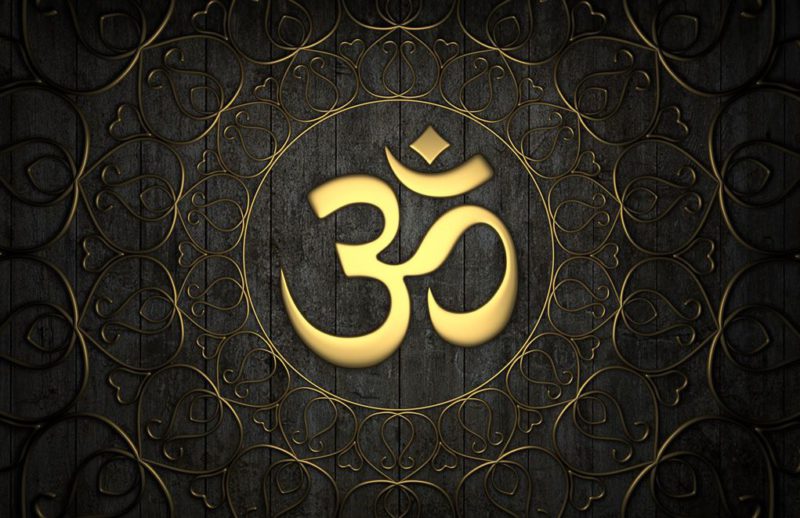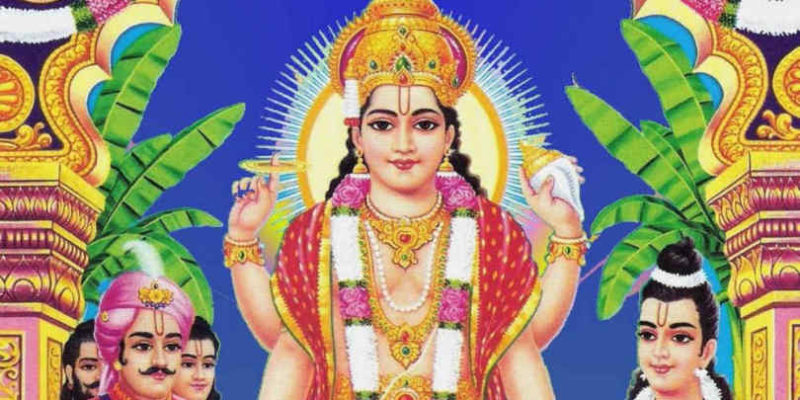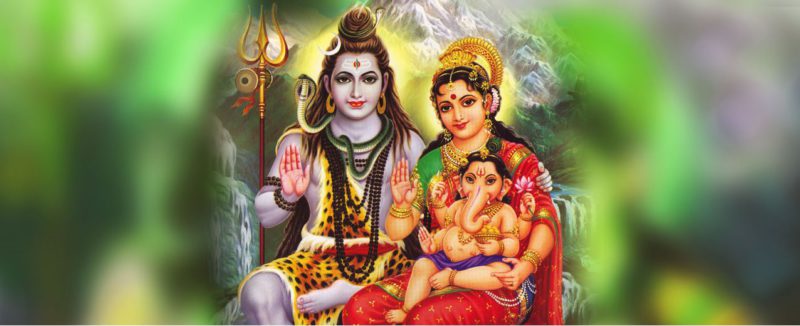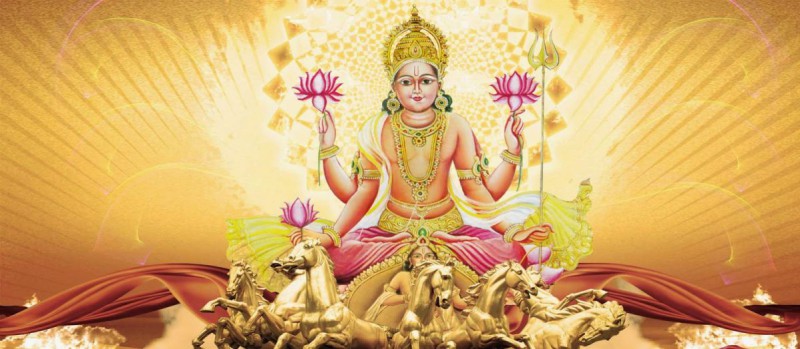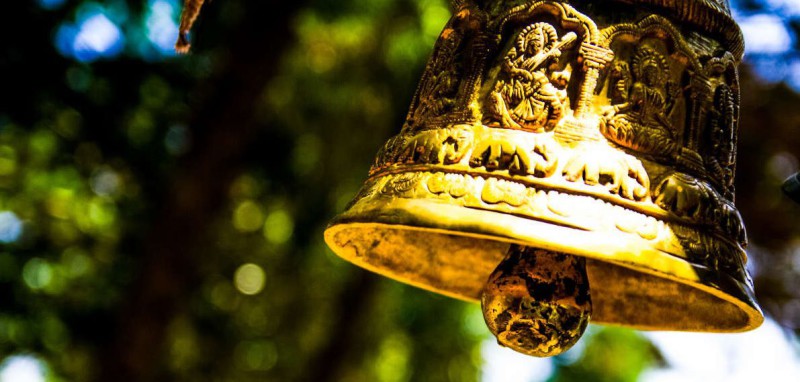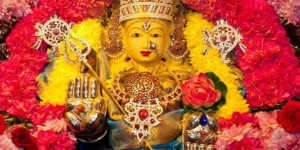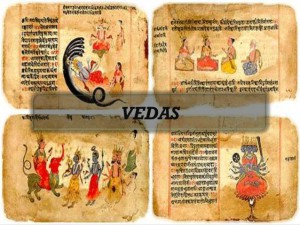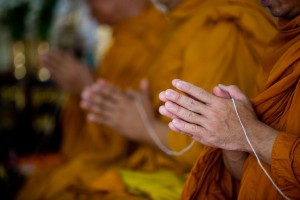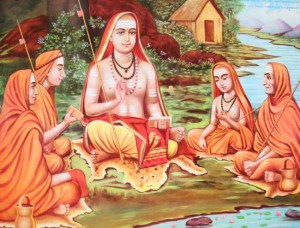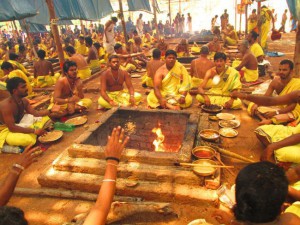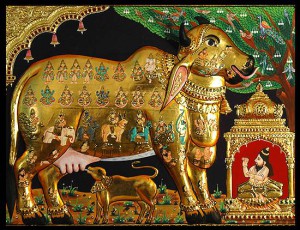No products in the cart.
Hindu Gods, Hinduism, Vedic Philosophy, Vedic Practices
Vedic Gods – The Most Important Hindu Gods in the Vedic Period
The Vedic gods are those gods who feature prominently in the four Vedas. These gods were worshipped by the Vedic people. Their mode of worshipping was through rituals and sacrifices to the gods. According to the Vedas, the Brahman created Gods and humans in such a way that they had to be dependent on each […]

